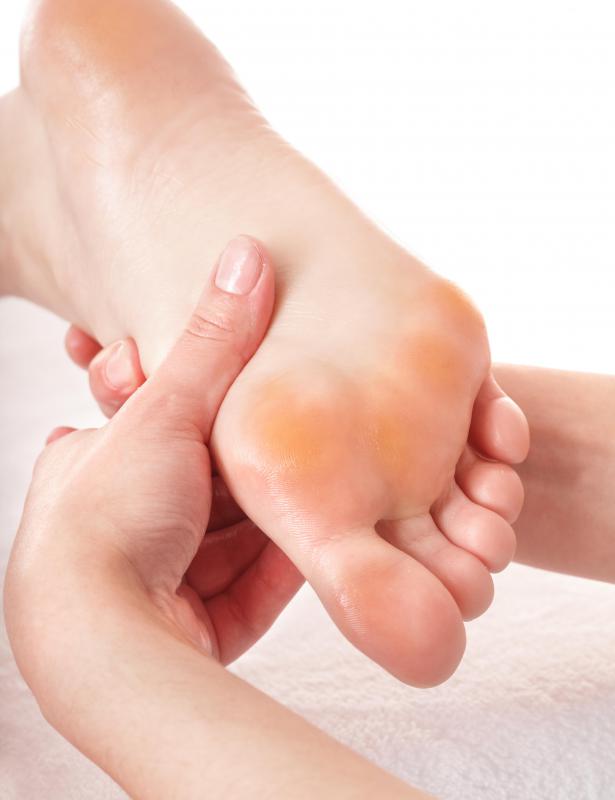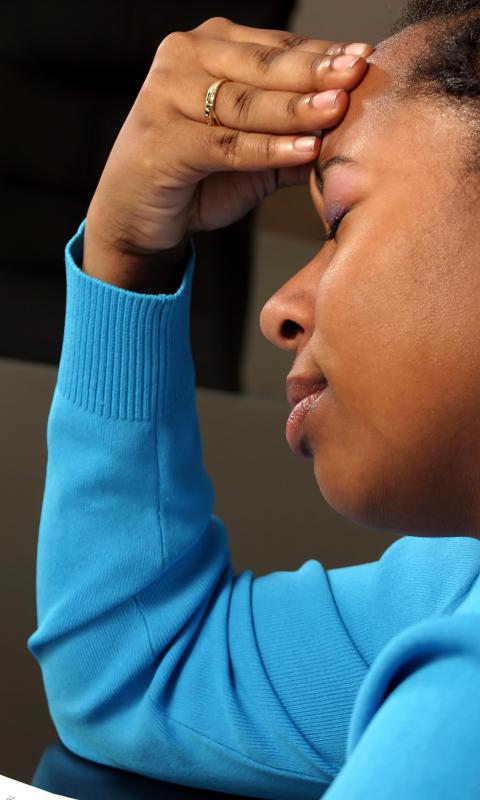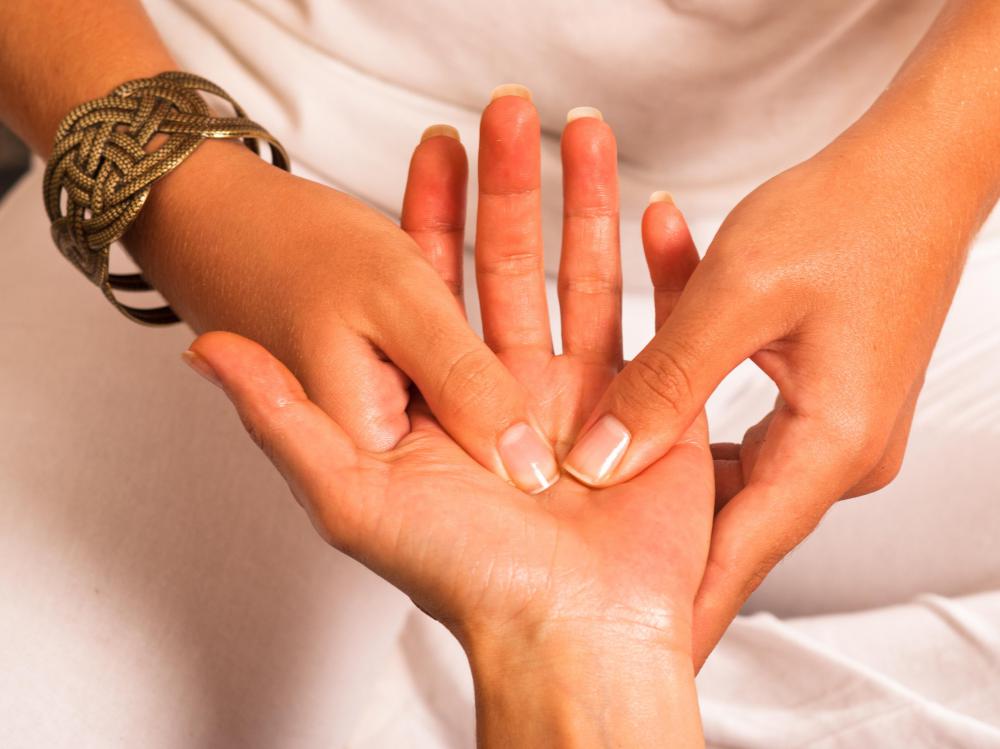At TheHealthBoard, we're committed to delivering accurate, trustworthy information. Our expert-authored content is rigorously fact-checked and sourced from credible authorities. Discover how we uphold the highest standards in providing you with reliable knowledge.
Does Reflexology Really Work?
It is not uncommon for the effectiveness of alternative and holistic medicinal treatments to come into question. In particular, many individuals who turn solely to more western style medicinal practices for maintaining health may do so because they believe that alternative therapies don’t work. In the case of reflexology, for example, questions exist as to whether the treatment is actually effective. There is no simple answer to the question of whether or not reflexology really works. However, it can be said that the effectiveness of reflexology, as an alternative medicinal treatment for maintaining health, depends greatly upon whether the treatment is used as intended.
Perhaps the first step in answering the question of whether reflexology really works is to understand what reflexology is, and how it is meant to be used. Reflexology is a treatment performed on the body that is thought to have originated at least 2,500 years before the current era in Ancient Egypt, India and China (BCE). The treatment, also called zone therapy, consists of applying pressure to areas on the feet and hands which correspond to other parts of the body. The idea is that certain points in the feet and hands, when stimulated through pressure, in turn stimulate corresponding organs, glands, and muscle groups in the body.

Reflexology is so named because it is based on the study of the nervous system, and the reflexes that occur when nerves are stimulated. For example, when pressure is applied to a nerve ending in the foot or hand, this pressure is a stimulus to the nerve ending. The nerve being stimulated carries the signal of this stimulation to the brain, where it is then relayed to another part of the body, causing some type of response. When it is said that a certain reflexology point in the hand or foot corresponds to a point in the body, this means that the nerve is thought to pass close by or through that part of body on its way to the brain. Thus, by stimulating the end of such a nerve in the hand or foot, the corresponding part of the body is also stimulated.

Stimulation of reflexology points, and the nerves and corresponding organs associated with these points, is thought to create a general self-healing effect in the body. Thus, when one asks whether reflexology works or not, it is important to understand that the purpose of reflexology is to maintain the natural healthy balance of the body. Reflexology is a treatment, not necessarily a cure. It is not meant to be used as a substitute for medical care. However, it is believed that reflexology stimulates the body’s natural healing process, thus assisting the body in curing itself, so to speak. This, then, is the manner in which reflexology is meant to be used.

Reflexology utilizes the interchange between the nerve endings in the hands and feet, and the rest of the body. Reflexology relaxes tension, normalizes gland and organ function and improves circulation. Studies show it also reduces pain, improves effectiveness of medication, and prompts the release of endorphins. In addition, reflexology has no side effects like those related to the drug therapy and surgery associated with western style medicine. Thus, for those seeking to restore and maintain overall health of the body, reflexology can be quite effective.
AS FEATURED ON:
AS FEATURED ON:















Discussion Comments
A former co-worker had a bout with chronic fatigue syndrome after having the flu and said reflexology really helped him a lot. He changed his diet and did all that, but he said the reflexology also helped a lot, and that he had a lot more energy after treatments.
I've heard reflexology can be very helpful to ease arthritis pain and other ailments that also seem connected with autoimmune responses. It's supposed to be helpful for treating lupus flares. If it helps people with something like that, then I think it's a legitimate therapy.
This is one of those things that to, me, can't hurt someone, and if it doesn't hurt a person, then I don't have a problem with someone getting reflexology treatment, if they have the money and can afford it.
I do have a problem with reflexology therapists telling people not to go to a doctor, that they can solve all their problems, just through the reflexology. That's not right, because if people need real, serious medical advice, then they don't need to be talked out of seeing a doctor. It's unethical to talk someone out of seeing a doctor, in my opinion.
Post your comments